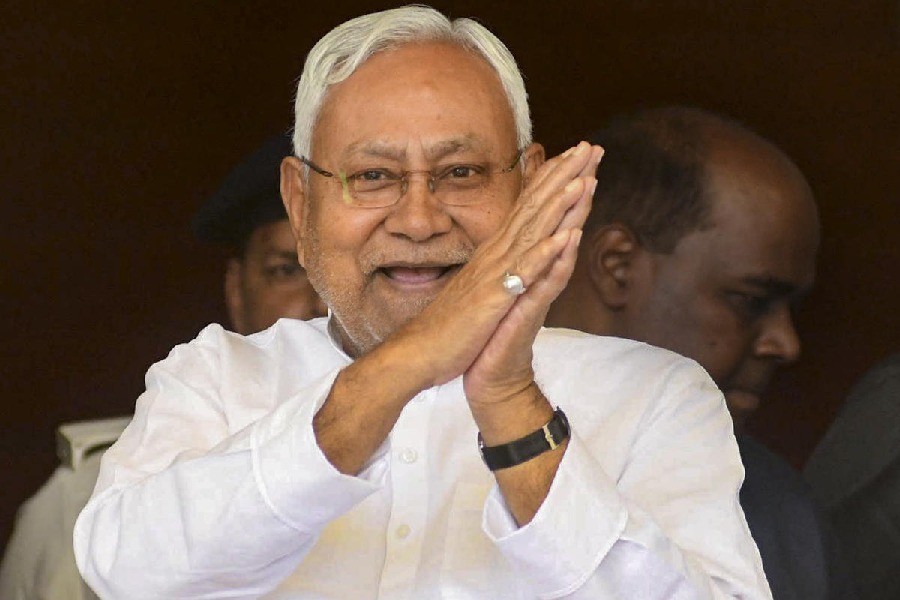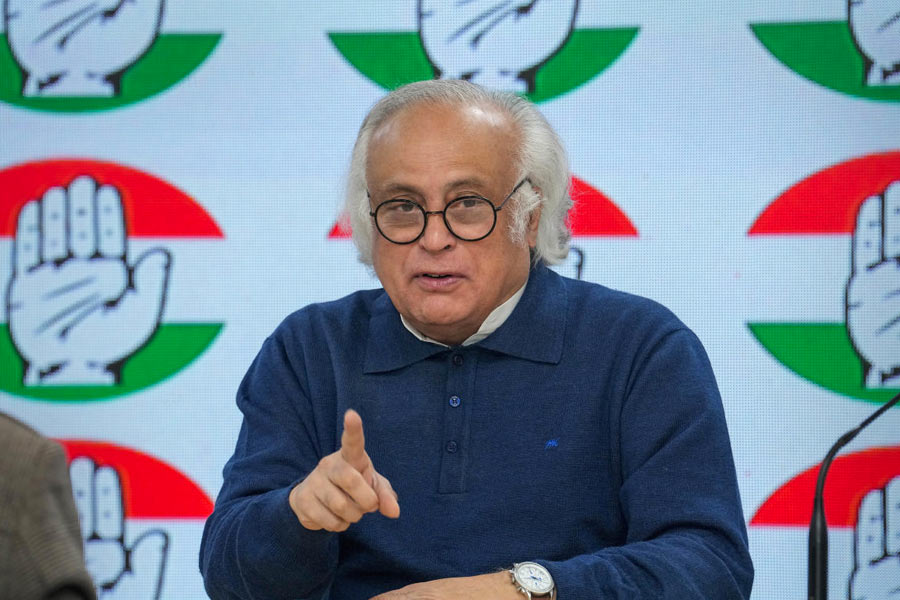Patna, July 6: Sections of doctors in the city appear unhappy with the Union health ministry’s recent decision to ban the manufacture and sale of Pioglitazone, a popular anti-diabetic drug.
Many city doctors, opposing the decision, point out that the drug is still in use in many foreign countries. They said they found no reason to support the decision because their patients have had no side-effects of the drug.
France withdrew Pioglitazone after a study in 2011 suggested an increased risk of bladder cancer, and Germany asked doctors not to start Pioglitazone on new patients. The US Food and Drug Administration also, in 2011, said a five-year safety review had indicated an increased risk of bladder cancer among patients with the longest exposure to Pioglitazone.
India’s health ministry banned the manufacture and sale of the drug last month.
Bihar’s State Drug Controller Hemant Kumar Sinha said he had directed all his officials to ensure that Pioglitazone is not sold in the market till further orders of the health ministry.
“We also have asked drug store owners to return the available stock of the drug to the company concerned. One by one we are approaching every drug store and telling the owners about the decision of health ministry,” said Sinha.
But Subhash Chandra Jha, a doctor at the cardiothoracic department of Patna Medical College and Hospital, said he had faith in the drug. “I did not find any side-effect in my patients who were taking this drug. I can tell you about a patient who was the owner of a reputable drug store in the city. He was seriously ill because his blood sugar level had reached beyond 200 but when he started taking Pioglitazone, his condition started improving and his sugar level was normal within one month of starting the drug,” said Jha. “Before taking Pioglitazone, the person was taking 60 units of Insulin and four drugs of heavy dose but nothing helped him to recover. This case was among the few which forced me to believe that Pioglitazone was a wonder drug.”
Anand Shankar, a Patna diabetologist, concurred. “The decision does not make any sense at all because neither the US Food and Drug Administration nor the European Medicines Agency found any evidence to ban this drug. We do not understand where the health authorities in India found enough evidence to ban the drug and its combinations. The drug has been banned only in France and certain parts of Europe. It was banned when controversy about bladder cancer came up. It has been two years since then and there has been no such claims like this. Also some people claimed that Pioglitazone was causing heart failure. The claim was made six to seven years ago but there has been subsequent trials which prove there is no risk of heart failure after popping this pill.”
Diabetic people who were taking this drug are also not happy with the decision of the health ministry to suspend its sale.
“I am against the decision of the health ministry because I myself did not experience any side-effect after taking Pioglitazone. I also oppose the decision because now I have to spend more money on buying an alternative drug. The alternative drug, Vildagliptin, which I am taking now, is much more costly than Pioglitazone. While one tablet of Pioglitazone costs around Rs 3, I have to pay Rs 20 for one tablet of Vildagliptine. I have to take two tablets of Vildagliptine everyday, which cost me Rs 40. So you can gauge the difference. What is adding to my woes is that I also have to take some other drugs for which I have to shell out some more money,” said Prashant Sinha, a 57-year-old businessman.
A senior pharmacology expert pointed out that such anecdotal cases have little relevance to decisions on banning drugs that are taken through systematic review of tens of thousands of patients.
“Only a tiny number of persons may develop bladder cancer,” said Chandra Gulhati, editor of the Monthly Index of Medical Specialities, India. “But for those who develop bladder cancer, it’s no consolation that they’re among a tiny fraction of those exposed to the drug.”










